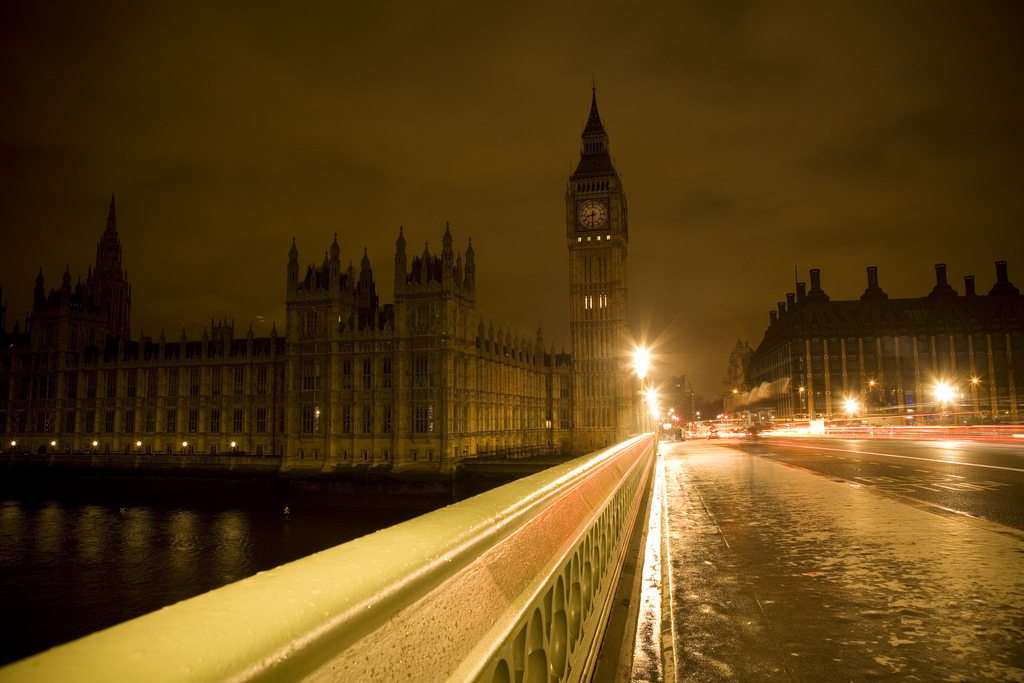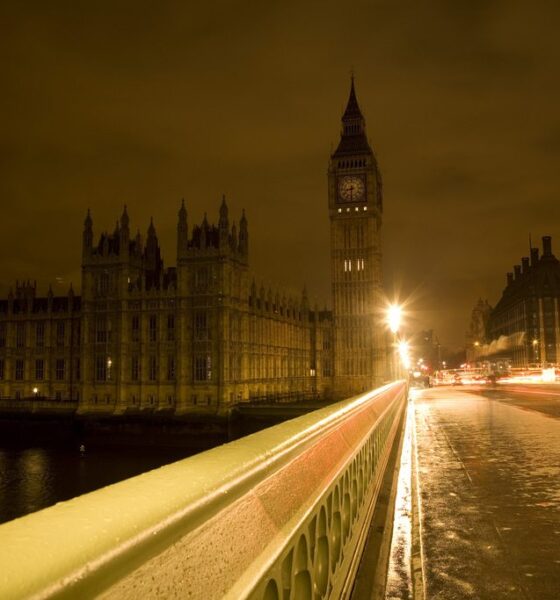

Energy
Every hour should be Earth Hour
At 8.30pm on Saturday March 29, for one hour, the WWF is co-ordinating a global lights switch-off to reiterate the importance of saving energy.
Earth Hour, as it’s called, began in 2007 in Sydney. Some 2.2 million people and 2,100 businesses took part, which, by 2013, had grown to 154 countries and 7,000 cities. The UK had 10.1 million participants last year.
As the event has grown, global landmarks such as the Houses of Parliament, the Leaning Tower of Pisa and the Eiffel Tower have become involved, getting cast into darkness in an effort to make a strong visual statement. And now, publicity has spread so much so that it has gained celebrity endorsements from the likes of Jessica Alba, Coldplay and Miranda Kerr.
But does Earth Hour have a lasting impact?
According to WWF statistics, 82.7% of people have been inspired to do more to protect the planet since taking part in Earth Hour.
The campaign group claims that since taking part in Earth Hour in 2013, 10,000 people have been urged to do more, even by little actions, such as writing to their MPs to keep climate change in England’s national curriculum.
Elsewhere, people have donated to WWF’s vital conservation work around the world. The charity has wasted no time taking action itself, creating a 3.4m hectare Marine Protected Area in Argentina following an Earth Hour campaign. It also created the first Earth Hour Forest in Uganda, to help fight the 6,000 hectares of deforestation that occurs in the country every month.
Some are still sceptical, though, claiming that the event will have no or little impact on people’s attitudes towards climate change, and in fact make people think their annual environmentalism quota has been filled for another year.
Others claim that just simply energy isn’t the answer; it is about turning to wind, solar and other cleaner alternatives that will make the difference.
Ultimately, whether this hour is a publicity stunt or just a great opportunity for people to rethink their environmental impact, its message remains useful. We are polluting our planet and need to stop being so wasteful with our energy usage.
The key to its success will be in how many people are inspired to do more than just sit in darkness. Every hour should be Earth Hour; let’s start at 8.30pm tonight.
Anna Duggal is content manager at Search Office Space.
Further reading:
Poll: three-quarters of voters want more environmental policies
British public’s concern for the environment ‘highest for six years’
Poll: 47% of Britons say floods are a result of climate change
EU leaders to set October deadline for 2030 climate goals
The environment surges in importance among British public amid flooding crisis


 Features9 months ago
Features9 months agoWhat is the Eco-Friendliest Option to Wash Your Dishes?

 Environment12 months ago
Environment12 months agoBuilding a Career in Green Construction: Tips and Insights

 News11 months ago
News11 months ago5 Ways Fleet Maintenance Software Can Help Businesses Be More Eco-Friendly

 Features10 months ago
Features10 months agoAddressing Pressing Ethical Concerns with Crypto Exchanges





























